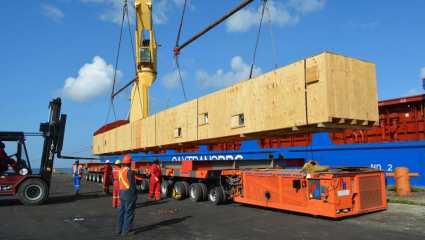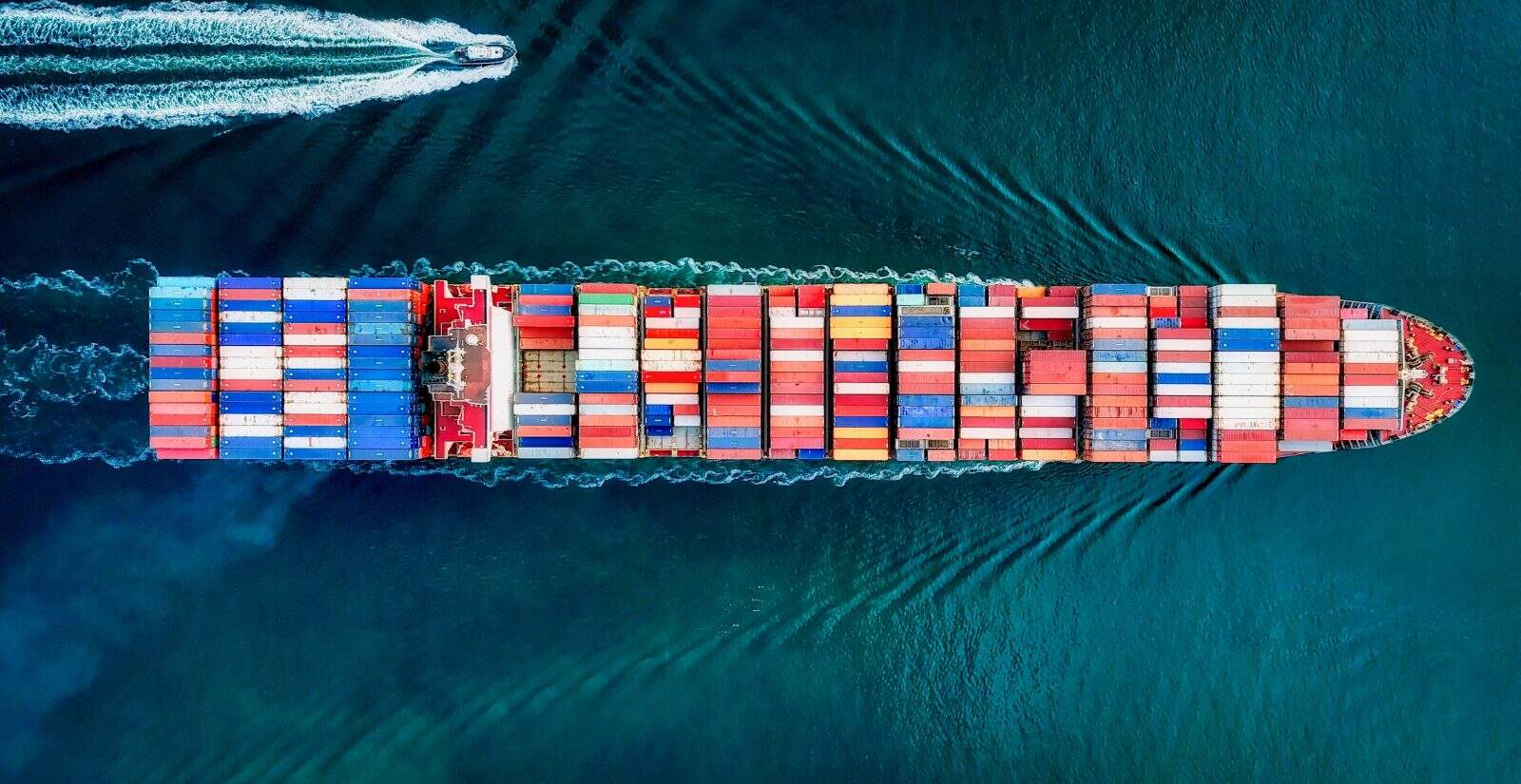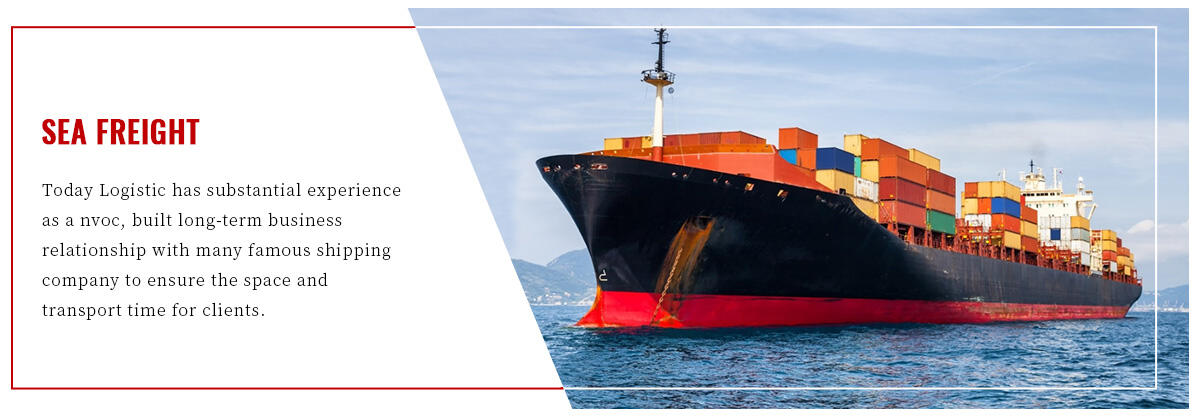ocean sea freight
Ocean sea freight represents a cornerstone of global commerce, serving as the primary method for transporting goods across international waters. This comprehensive logistics solution encompasses sophisticated vessel networks, advanced tracking systems, and specialized container configurations designed to accommodate diverse cargo requirements. Modern ocean freight operations utilize state-of-the-art technologies including automated port systems, real-time GPS tracking, and smart containers equipped with environmental monitoring capabilities. The industry employs various vessel types, from massive container ships capable of carrying thousands of TEUs (Twenty-foot Equivalent Units) to specialized vessels designed for bulk cargo, liquid cargo, and temperature-sensitive goods. Strategic route planning, weather monitoring systems, and efficient port operations ensure optimal transit times and cargo safety. The infrastructure supporting ocean freight includes advanced terminal facilities, automated loading and unloading equipment, and integrated logistics management systems that coordinate seamlessly with land-based transportation networks. This mode of transportation handles approximately 90% of global trade volume, demonstrating its crucial role in maintaining international supply chains and economic growth.


